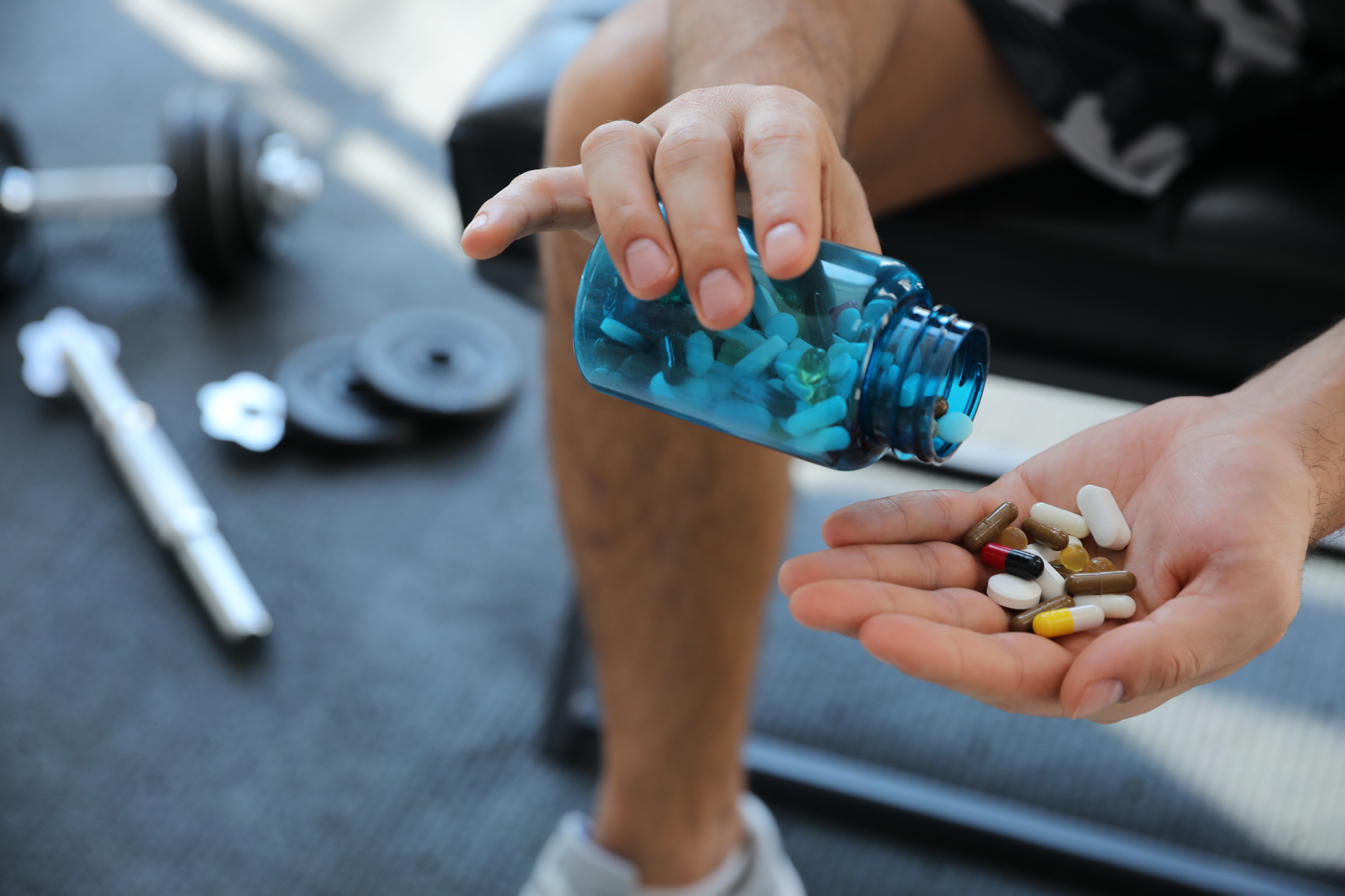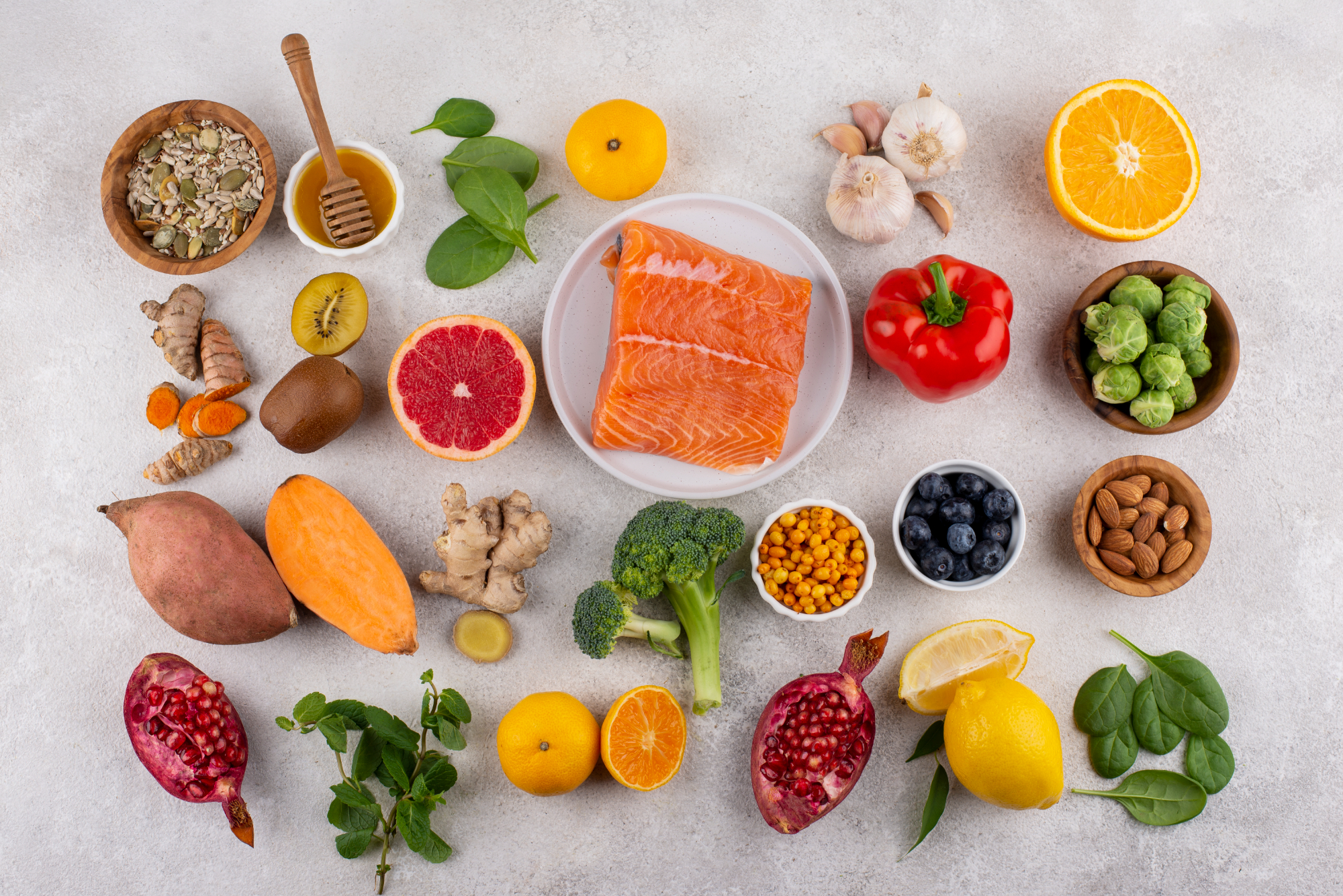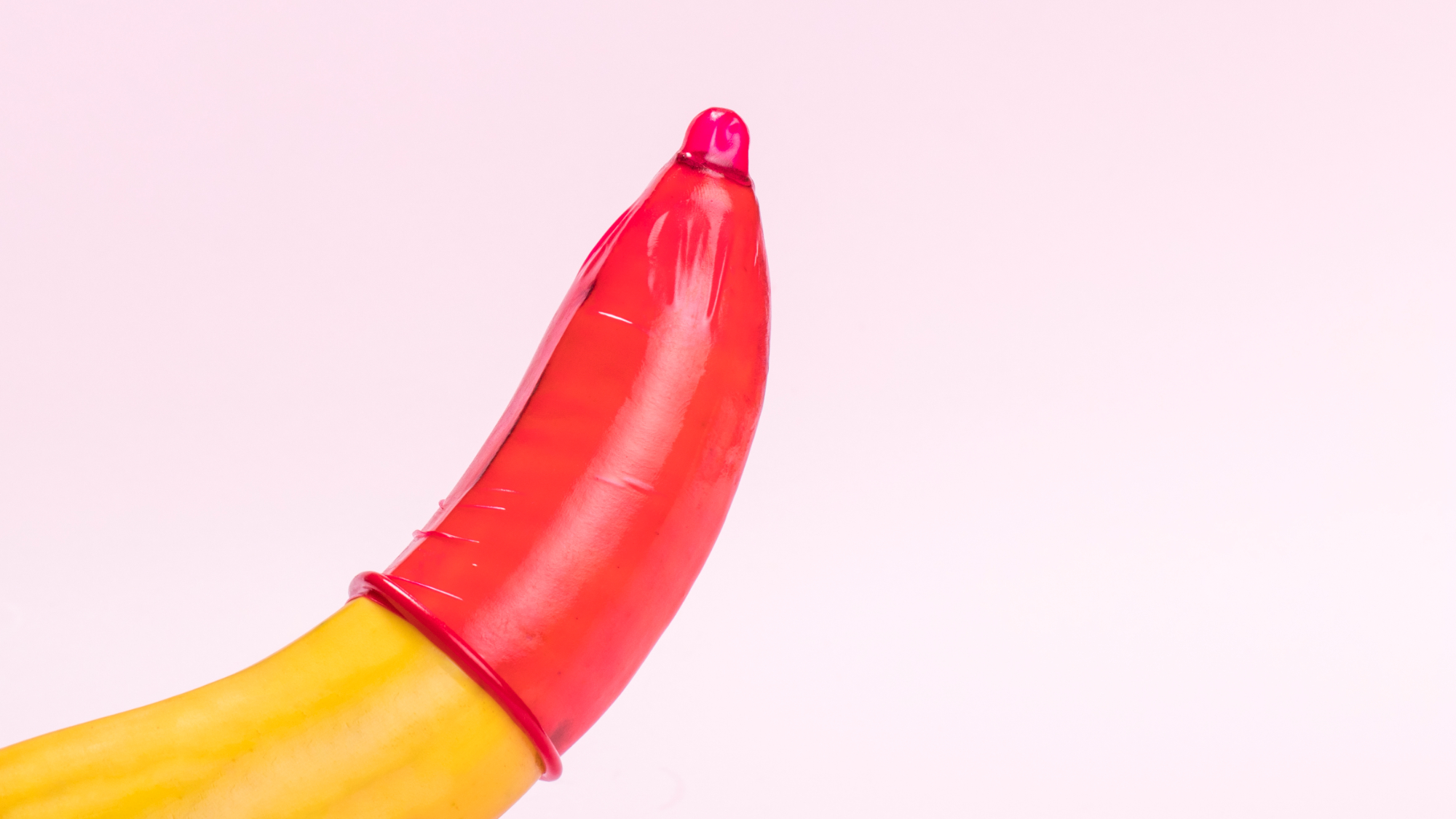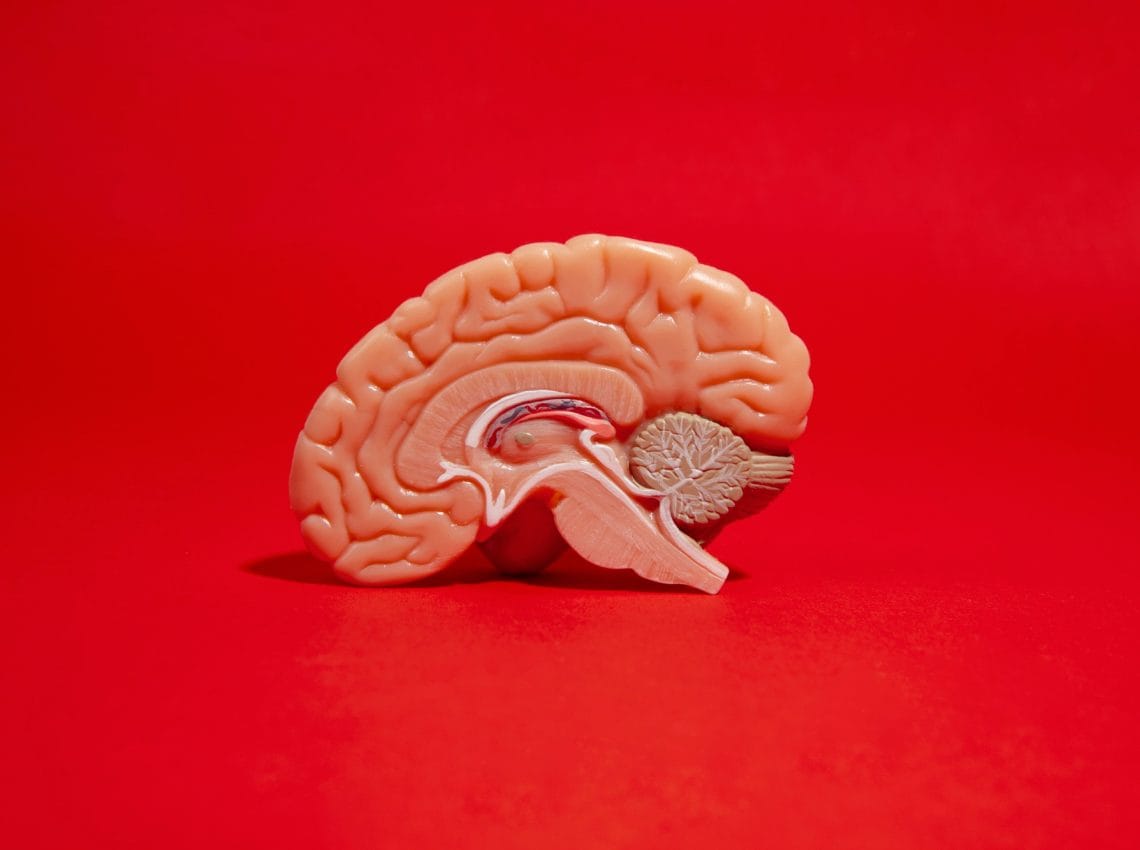What to Eat and Drink for a Good Night’s Sleep

A good night’s sleep isn’t just about winding down your mind — it also depends on what you eat and drink. Certain foods and beverages can help your body produce the hormones that promote restful sleep, while others can disrupt it. By making smart choices, you can naturally support your body’s internal clock and improve your sleep quality. Here’s what you should include in your diet for better nights and brighter mornings.
1. Foods Rich in Melatonin
Melatonin is the hormone that regulates your sleep-wake cycle. Eating foods that are naturally high in melatonin can encourage your body to fall asleep faster.
-
Tart cherries and tart cherry juice are excellent sources of melatonin. Studies show they can significantly improve sleep duration and quality.
-
Walnuts are another great option, providing both melatonin and healthy fats that support brain function.
👉 Tip: Try a handful of walnuts or a glass of tart cherry juice about an hour before bed.
2. Complex Carbohydrates
Complex carbs help increase the availability of tryptophan, an amino acid that supports melatonin and serotonin production. Choose foods like:
-
Oats
-
Sweet potatoes
-
Quinoa
Eating a small, balanced snack combining complex carbs and a bit of protein (like oatmeal with a spoonful of almond butter) can help calm your body and mind.
3. Magnesium-Packed Foods
Magnesium is often called the “relaxation mineral” because it helps deactivate adrenaline and supports the parasympathetic nervous system.
-
Spinach, pumpkin seeds, avocados, and dark chocolate are rich in magnesium.
-
Research suggests that higher magnesium intake is associated with better sleep quality.
👉 Try a banana (which contains both magnesium and potassium) for a naturally sweet, sleep-supporting snack.
4. Herbal Teas
Instead of coffee or alcohol, sip calming herbal teas before bed:
-
Chamomile tea has been traditionally used to reduce anxiety and promote sleep.
-
Valerian root tea can act as a mild sedative.
-
Lavender tea is known for its relaxing aroma and sleep-inducing properties.
👉 Avoid caffeinated drinks like black tea, green tea, or soda within 6 hours of bedtime.
5. Foods Rich in Tryptophan
Tryptophan is an amino acid that the body uses to make serotonin and melatonin. Foods high in tryptophan include:
-
Turkey
-
Chicken
-
Eggs
-
Cheese
Pairing these foods with complex carbs (like a turkey and hummus wrap) can maximize their sleep-boosting effects.
6. Hydration Matters Too
Being slightly dehydrated can cause you to wake up during the night. Make sure you’re drinking enough water throughout the day, but limit large amounts right before bed to avoid nighttime bathroom trips.
👉 Also, avoid alcohol close to bedtime — while it might make you feel sleepy initially, it disrupts deep sleep stages.
Final Thoughts
What you eat and drink during the day — and especially before bedtime — can have a big impact on your sleep quality. By focusing on natural sleep-promoting foods like tart cherries, leafy greens, herbal teas, and magnesium-rich snacks, you can set yourself up for a more restful and refreshing night.
If you want to dive deeper into sleep and nutrition, check out these expert-backed tips.














